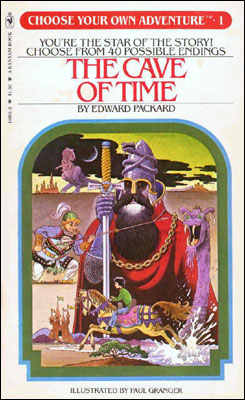Things I successfully avoided in my experiment: Fiction. Surprisingly, that was the easiest thing to do. Mostly because there is such interesting nonfiction in the world! Podcasts were easy to avoid, too (with one exception that I knew I couldn’t quit. PCHH, I love you too, too dearly.)
Otherwise, I cheated a whole heck of a lot. I did occasionally still watch things, but I tried to keep it as a reward at the end of a week, or documentaries. I found myself replacing my TV-downtime with games, which I honestly hadn’t thought about. I replayed most of The Talos Principle, which was not the best use of my time, but oh well.
(Sidenote: Seriously, if you haven’t played The Talos Principle, maybe you should?? And then we can talk about it??? It’s about consciousness and puzzles and what it is to be a person and free will and lasers and a storm-engulfed tower and robots, so I don’t know how there isn’t something for everyone in there.)
And then I played through Botanicula and was this close to replaying Samorost and the Submachine games…
So instead, since it’s been about a month, I’m taking a moment to look back on the experiment.
Among other small accomplishments, I did write messy drafts of two new stories, and I got two of the three workshop stories out on submission. That’s not bad. I’m not really attempting to write poetry so much as literally playing with it — I took some paragraphs of stories I’ve written, and pages out of books I was reading, and I cut them into their component parts (copies! don’t worry) and have, occasionally, while listening to music, been reassembling them into poems. And realizing that magnetic poetry is a form of dada cut-up, and yet somehow misses the spirit of the game entirely.
As September creeps into view, I’m going to shift the experiment a little. After a month, I was craving some fiction. So I picked up The Sundial and am reading it, nice and slow.
As for TV:Â does anyone have some willpower they could loan me?


